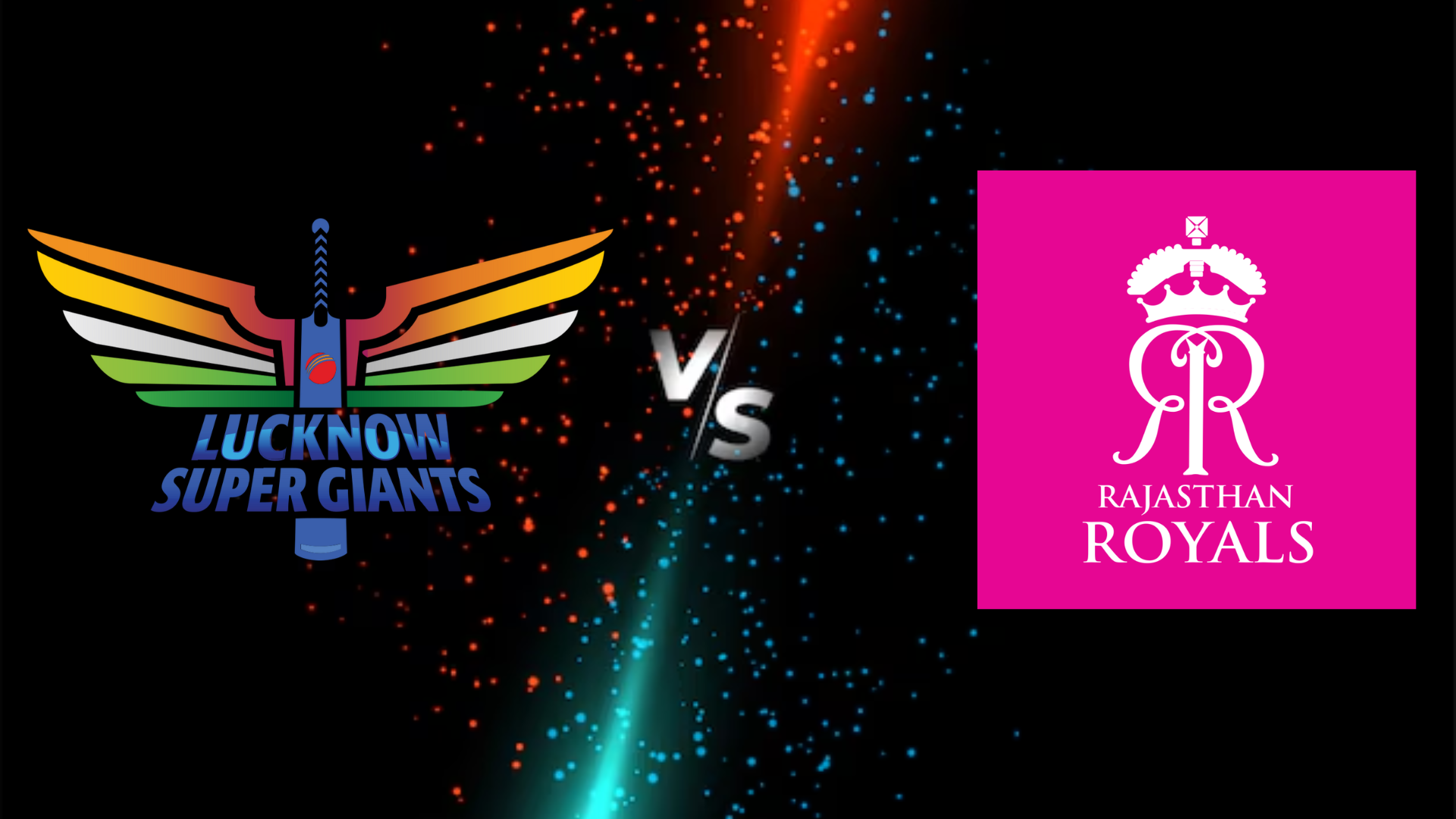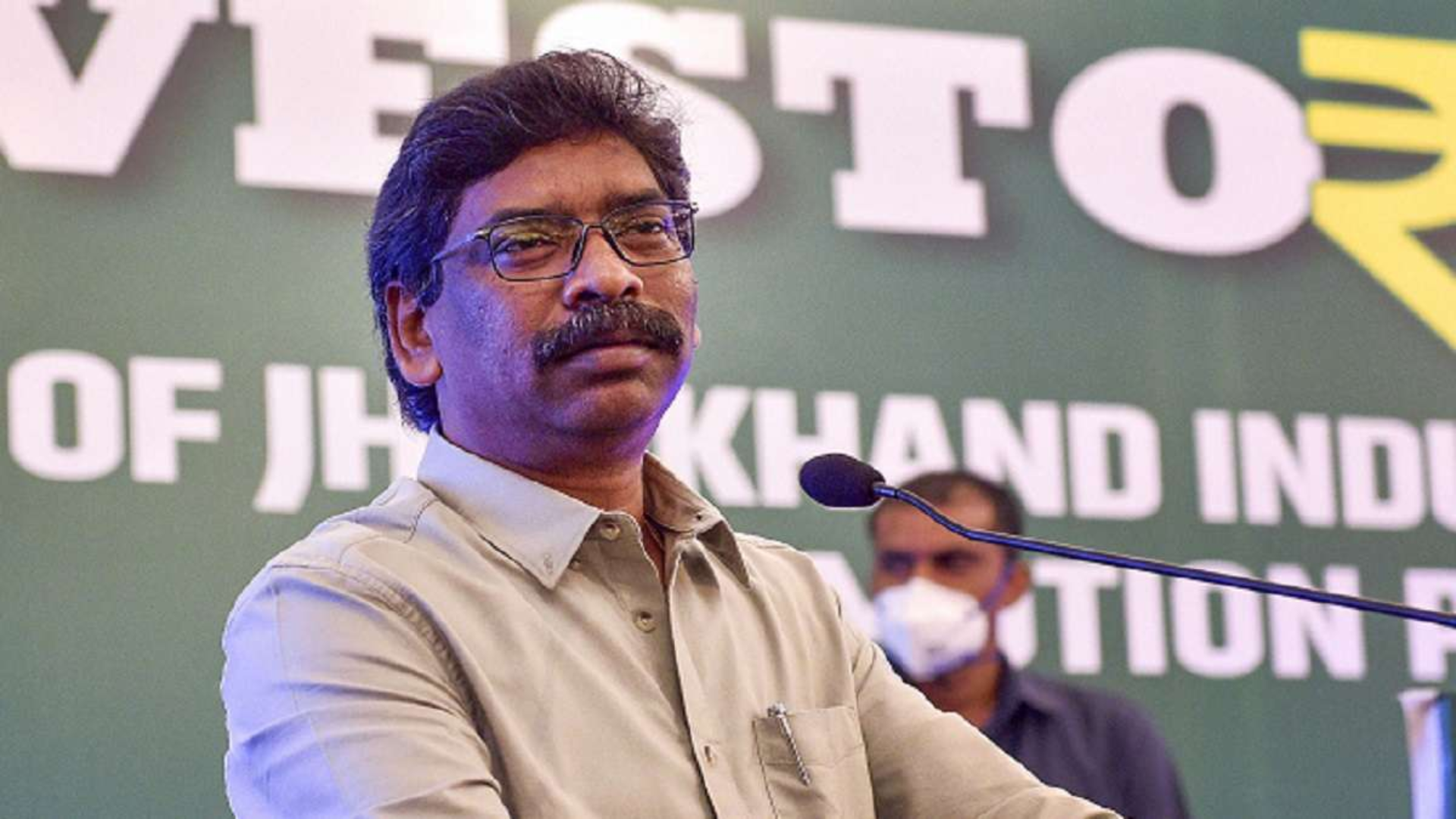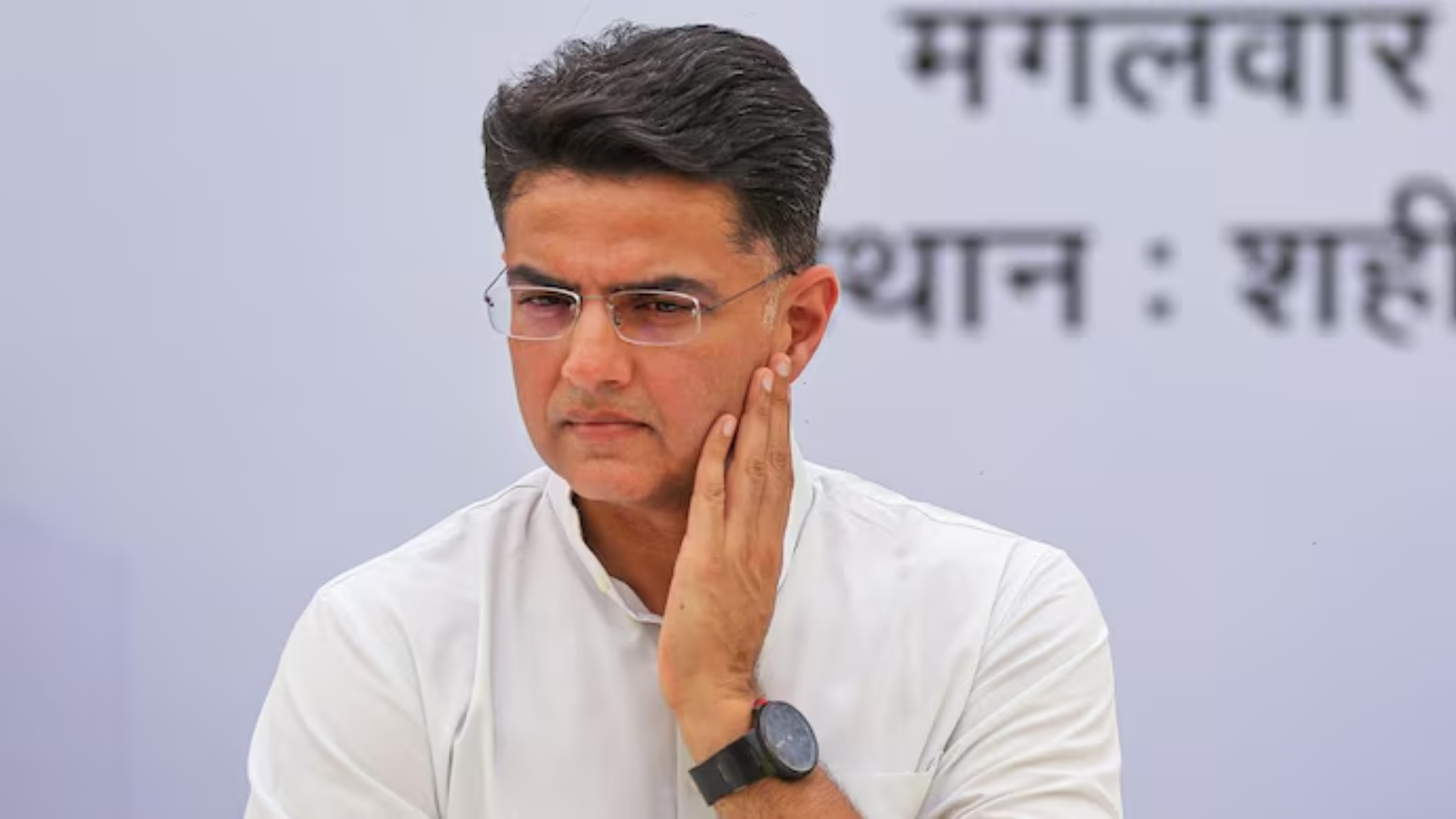







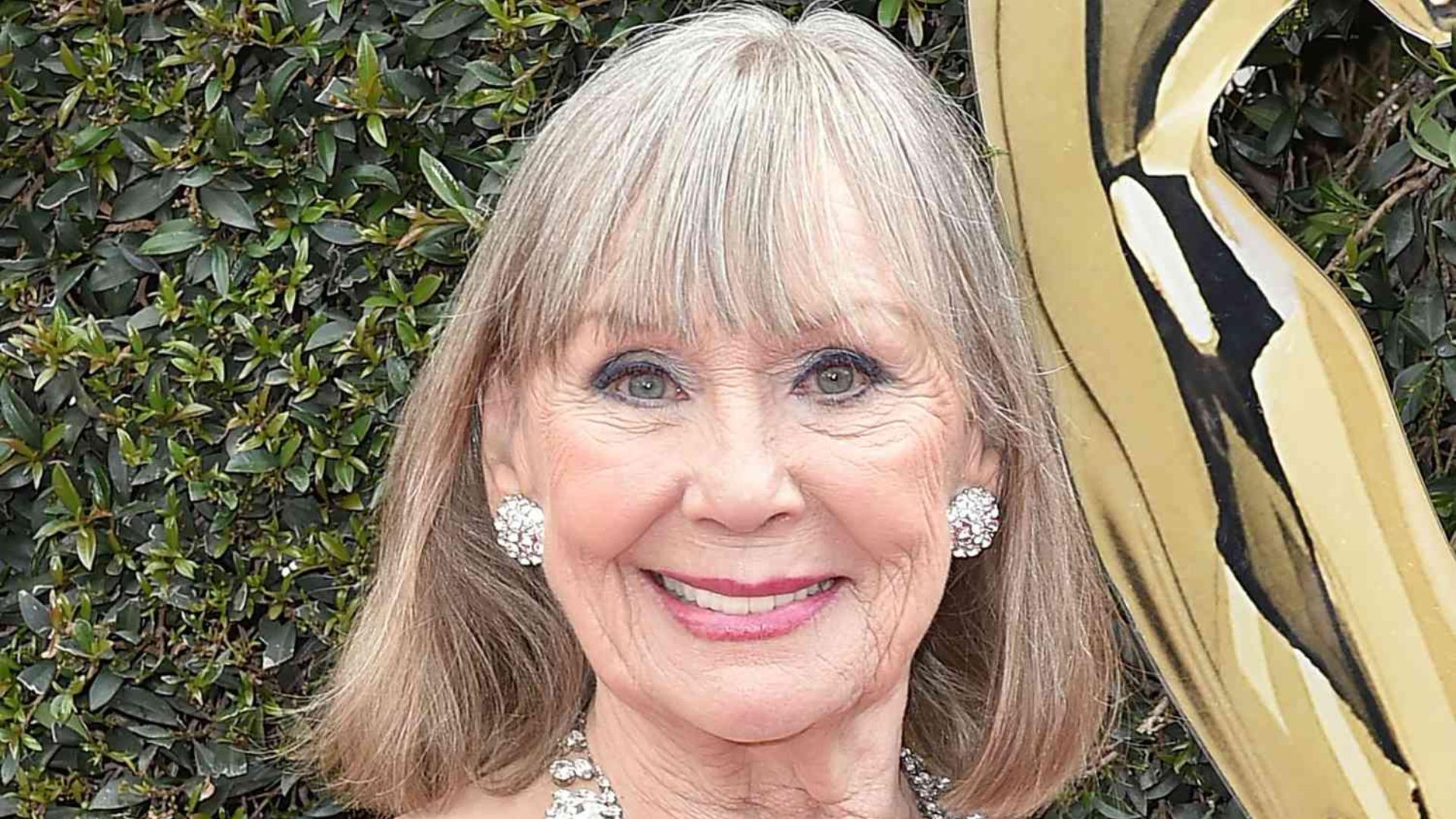

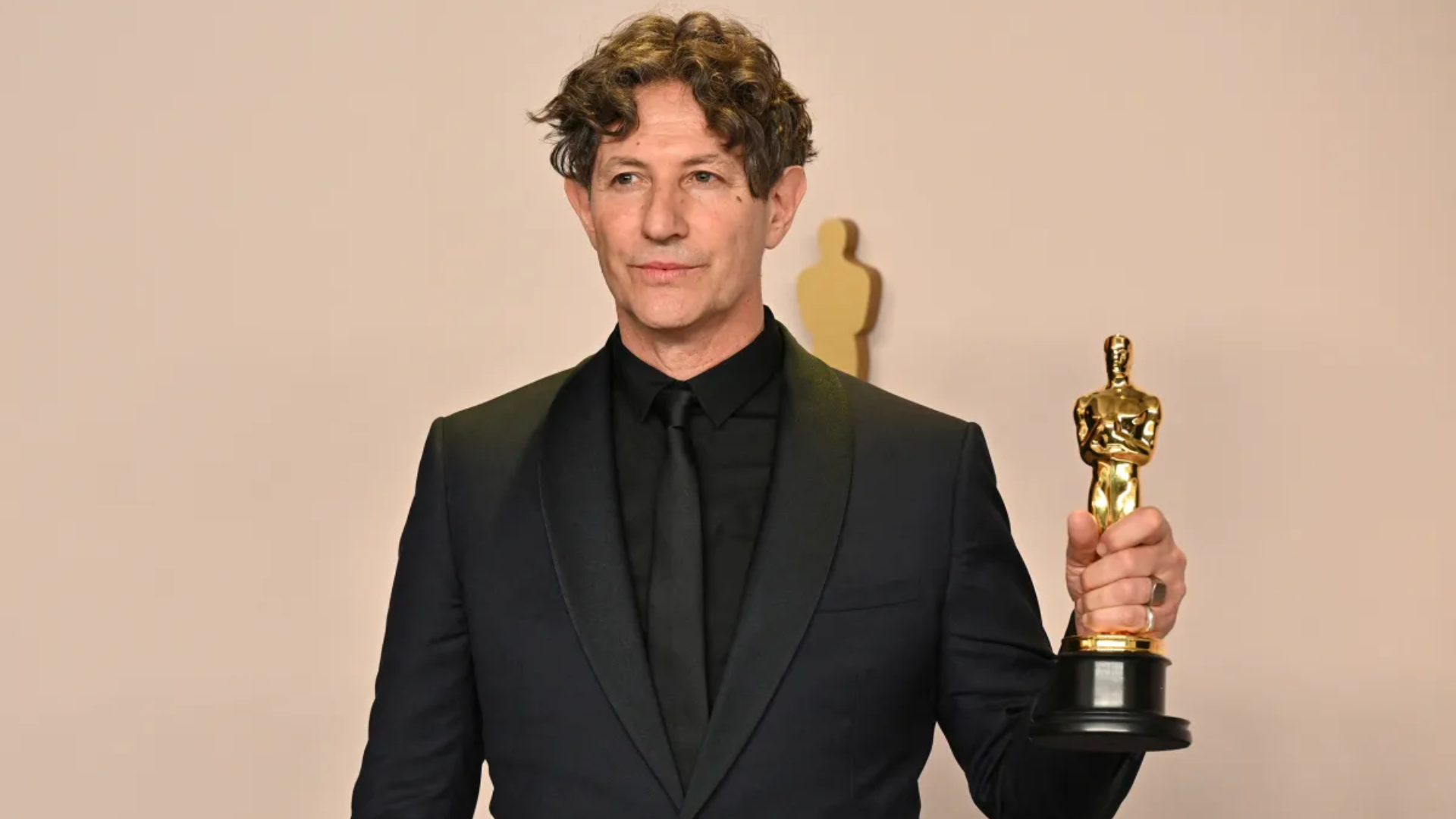
More than 1,000 Jewish professionals in the entertainment industry, including actors, executives, creators, directors, producers, and representatives, have signed an open letter condemning Jonathan Glazer’s Oscar speech for “The Zone of Interest.”
The list of co-signees, released to a leading Hollywood website, includes a wide range of industry figures such as Debra Messing, Tovah Feldshuh, Gary Barber, Gail Berman, Amy Sherman-Palladino, Eli Roth, Rod Lurie, Lawrence Bender, Amy Pascal, Hawk Koch, Sherry Lansing, Jake Fenton from UTA, Jeffrey Greenberg from Gersh, and attorney Craig Emmanuel. Since the initial publication of the open letter, an additional 500 individuals have joined the nearly 500 who originally signed on.
In the statement, the group expresses their objection to the appropriation of Jewish identity in Glazer’s speech, stating, “We reject the use of our Jewish heritage to draw a false moral equivalence between the atrocities committed by the Nazi regime and the actions of the Israeli nation in defending its existence.” Jonathan Glazer declined to provide comment on the matter.
The letter highlights the concerns of high-profile signees like Jennifer Jason Leigh, Gary Gilbert (producer of “La La Land”), and, Joel Fields and Joe Weisberg (creators of “The Americans”). It emphasizes that terms like “occupation” used to describe Israel’s efforts to protect its homeland distort historical facts and contribute to the proliferation of anti-Jewish sentiments worldwide.
The controversy stems from Glazer’s acceptance speech at the Oscars on March 10, following the win of his Holocaust-themed film “The Zone of Interest” for Best International Film. Standing alongside producer James Wilson and financier Len Blavatnik, Glazer asserted that the film aimed to confront contemporary issues rather than dwell solely on historical events, leading to criticisms of his remarks for their perceived politicization of Jewish identity and history.




